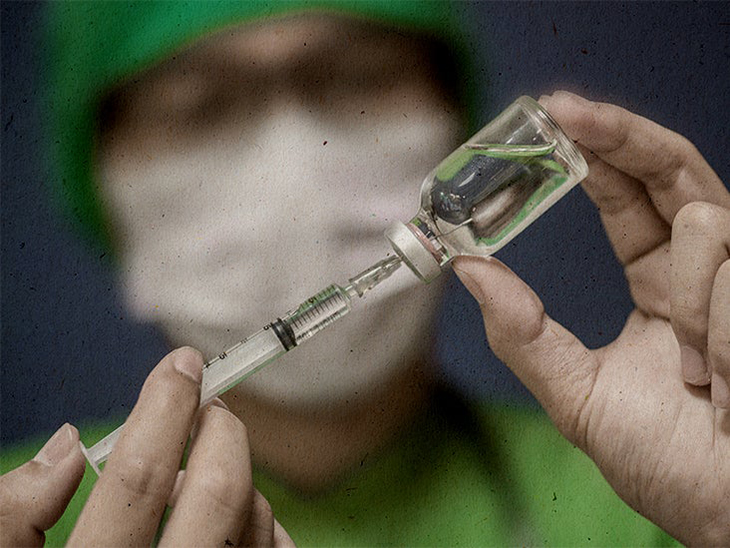
A budget-friendly variant of ketamine, designed to address severe depression, has demonstrated significant efficacy in a double-blind clinical trial when compared against a placebo.
As reported in a recent issue of the British Journal of Psychiatry, a team of researchers hailing from the University of New South Wales in Sydney, Australia, discovered that over twenty percent of the participants achieved complete remission of their symptoms after receiving bi-weekly injections for a month. Furthermore, approximately one-third of the participants experienced a notable improvement of at least 50 percent in their symptoms.
“This brings definitive evidence to the field,” Professor Colleen Loo, lead researcher of the study, said.
“For people with treatment-resistant depression—those who have not benefitted from different modes of talk-therapy, commonly prescribed antidepressants, or electroconvulsive therapy—20 percent remission is actually quite good.”
Sponsored by the Australian National Health and Medical Research Council, a team of researchers enrolled 179 individuals in what Prof. Loo considers the most extensive comparative study to date. This study contrasts the efficacy of generic ketamine and a placebo in treating severe depression.
The participants were administered either a common variant of ketamine, widely employed in Australia for anesthesia and sedation, or a placebo. These administrations occurred twice a week within a supervised clinic setting, where the participants were observed for approximately two hours as the immediate dissociative and sedative effects subsided—typically within the initial hour.
The treatment regimen persisted for one month, during which participants were requested to evaluate their emotional state at the culmination of the trial and again after one month had transpired.
Maintaining a double-blind protocol, both the administering researchers and the participants remained unaware of who was receiving the generic ketamine and who was receiving the placebo. This approach was adopted to mitigate potential psychological biases. Significantly, a placebo was selected that also induces sedation, thereby enhancing the concealment of treatment. Unlike prior studies that employed saline placebos, midazolam, a sedative typically administered prior to general anesthesia, was chosen as the placebo.
“Because there are no subjective effects from the saline, in previous studies it became obvious which people were receiving the ketamine and which people received placebo,” Prof. Loo shared.
“In using midazolam – which is not a treatment for depression, but does make you feel a bit woozy and out of it – you have much less chance of knowing whether you have received ketamine, which has similar acute effects.”
Distinguishing itself from previous studies, the recent trial incorporated the inclusion of individuals who had undergone electroconvulsive therapy (ECT) in the past.
“People are recommended ECT treatment for their depression when all other treatments have been ineffective,” Prof. Loo said. “Most studies exclude people who have had ECT because it is very hard for a new treatment to work where ECT has not.”
More Cost-Effective
In addition to the favorable outcomes, a notable advantage of employing generic ketamine for treatment-resistant depression is its significantly lower cost compared to the patented S-ketamine nasal spray presently utilized in Australia.
“This is why we’re applying for a Medicare item number to fund this treatment now, because it’s such a powerful treatment,” Loo elaborated.
“And if you consider that many of these people might spend many months in hospital, or be unable to work and are often quite suicidal, it’s quite cost effective when you see how incredibly quickly and powerfully it works. We’ve seen people go back to work, or study, or leave hospital because of this treatment in a matter of weeks.”
Subsequently, the researchers will focus on conducting more extensive trials involving generic ketamine across extended durations. They will also work on enhancing the safety monitoring protocols for the treatment.



